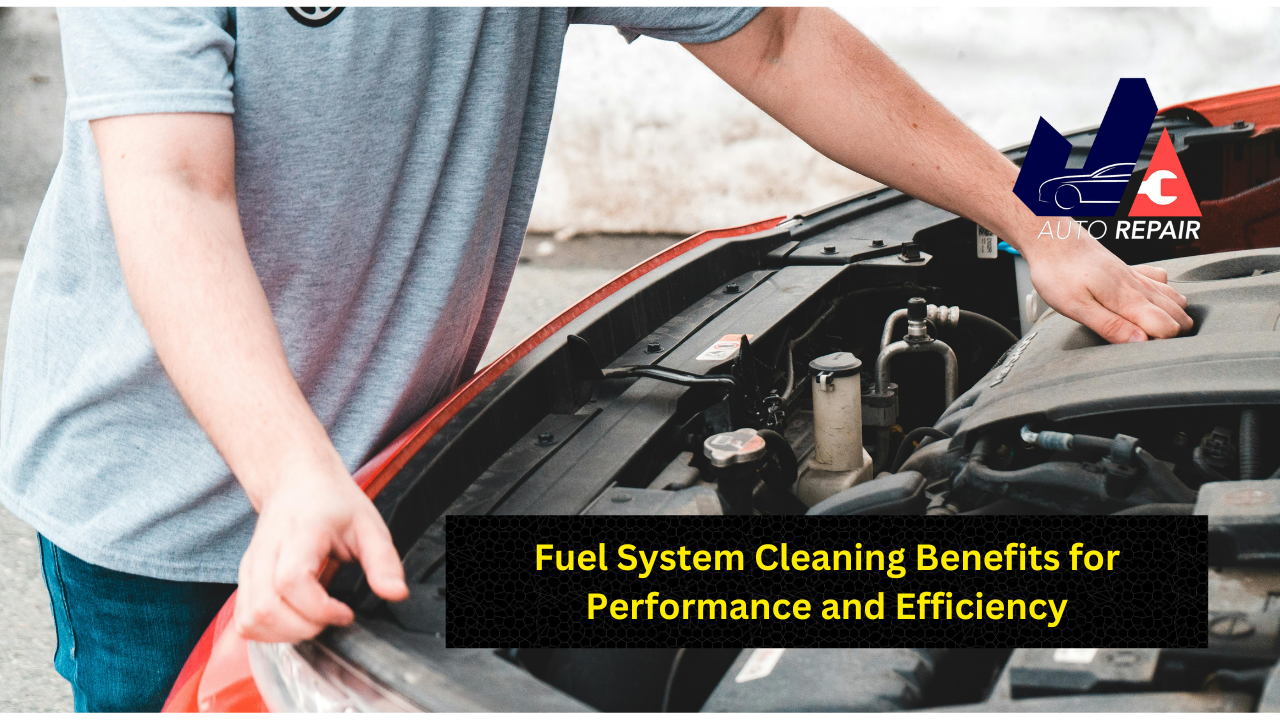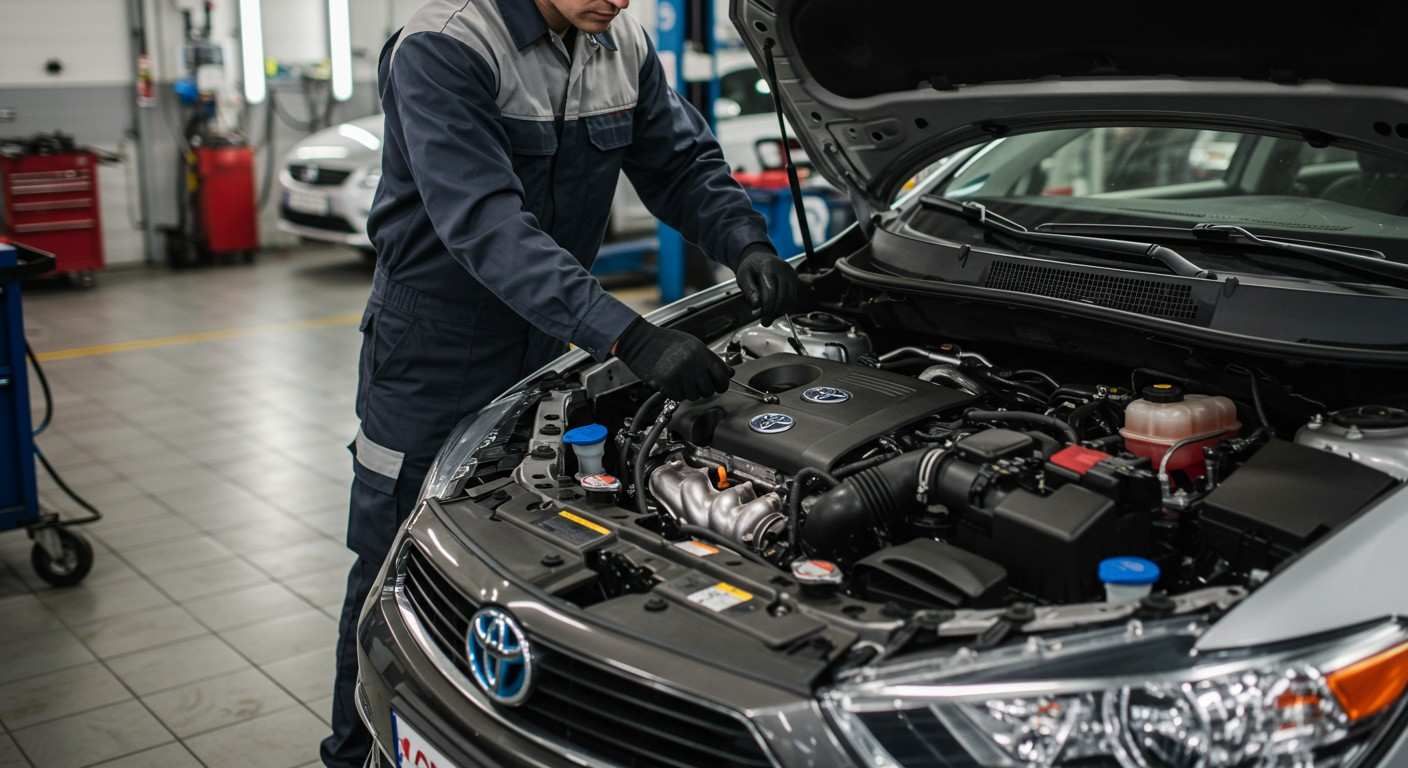The nuances of tipping etiquette often leave customers puzzled, especially in scenarios that are less straightforward, such as automotive services.
A common question arises: "Do you tip mechanics for tire change?" This question touches on the uncertain realm of gratuity in the automotive repair industry, where tipping norms aren't as clear-cut as in other service sectors.
Our guide seeks to address this uncertainty, helping you make informed decisions about whether to extend a token of appreciation to your mechanic for their tire-changing services.
When considering whether to tip mechanics for a tire change, it's important to understand that while tips are not expected in auto repair shops, they are certainly appreciated. Mechanics, particularly those handling tire changes, often represent the more hands-on, labor-intensive roles in a shop, and a tip can be a thoughtful recognition of their hard work.
Do You Tip Mechanics for Tire Change - A Quick Overview
In the context of automotive services, the practice of tipping mechanics for a tire change is not a standard expectation, but it's definitely appreciated when done. Mechanics often work in environments demanding physical labor and technical skill, particularly those who specialize in tire changes. A tip, in this case, acts as a gesture of gratitude for their diligence and effort. While it's not obligatory, tipping can enhance the customer-mechanic relationship, acknowledging the extra care and attention given to your vehicle. It's a personal choice, influenced by the quality of service, the complexity of the job, and your satisfaction with the work done. Ultimately, a tip, even if small, can go a long way in showing appreciation for a job well done in an industry where such gestures are not always common.
We are a premium auto repair shop in Los Angeles, offering a range of services including car AC repair, brake repair, and transmission repair contact us to get the best services.
Is It a Good Idea to Tip Mechanics for Tire Change?
In the automotive service industry, tipping culture is less clear-cut than in others like hospitality or personal care.
However, the gesture of tipping a mechanic for a tire change can be seen as both a sign of appreciation and a tool for fostering a better customer-service provider relationship.
Tipping, though not mandatory, is often received as a token of gratitude for services that exceed expectations.
It's a way to acknowledge the mechanic's expertise, effort, and dedication, especially when they go above and beyond to ensure your vehicle's safety and performance.
In essence, tipping can enhance the quality of service you receive in the future, creating a cycle of positive reinforcement and mutual respect.
When You Should Tip Mechanics for Tire Change
Recognizing exceptional service is key to understanding when to tip your mechanic. Consider tipping in scenarios like:
- Exceptional Service Quality: When the service provided surpasses your expectations in terms of quality and efficiency, a tip can be a fitting response.
- Quick or Emergency Service: If a mechanic prioritizes your needs during an emergency or completes the job quicker than anticipated, it's a gesture worth acknowledging.
- Additional Services Beyond Tire Change: Mechanics often go the extra mile by performing additional checks or minor repairs without extra charges.
- Handling Specialized or High-End Vehicles: Special care and expertise required for luxury or specialized vehicles warrant recognition.
- Personalized Customer Care: A mechanic who offers personalized advice, explains the process, or provides tailored solutions adds value to the service.
- Service During Holidays or Extreme Weather: Working under challenging conditions to ensure your vehicle's safety is a commendable effort deserving of a tip.
How Much Should You Tip Mechanics for Tire Change
The amount to tip can vary, but here are some guidelines:
- Standard Percentage Range: A practical guideline is to tip between 10-20% of the total service cost. This range is often seen as a token of appreciation for standard service without being overly extravagant.
- Flat Amount vs. Percentage: For smaller jobs, a flat amount ($5-$10) can be more appropriate, whereas a percentage of the total bill fits better for more extensive services, reflecting the effort put in.
- Adjusting Tip Based on Service Complexity: If the tire change involves additional complexities, like dealing with rare tire types or overcoming unexpected challenges, a higher tip can acknowledge the mechanic's extra effort and expertise.
- Tips for Regular vs. One-time Service: Consistent tipping for a regular mechanic can strengthen your relationship, while a one-time service provider might appreciate a one-off tip as recognition of their good work.
- Consideration of Local Tipping Norms: Tipping practices can vary by region. In some areas, tipping might be more expected, while in others, it might be less common. Adjust your tipping habits accordingly.
- Balancing Generosity and Practicality: It's important to tip within your financial means. A tip should be an expression of gratitude, not a financial burden.
When You Should Not Tip Mechanics
Tipping is not always appropriate. Consider withholding a tip when:
- Unsatisfactory Service Quality: If the service falls short of professional standards or your expectations, withholding a tip can be silent feedback on the quality of service.
- Overcharged or Inflated Pricing: When the final bill seems excessively high compared to the market rate or initial quote, it's reasonable to skip the tip.
- Mechanic's Refusal or Company Policy: Respect the policy or personal preference of mechanics who choose not to accept tips, as it might be part of their professional ethics or the company's rules.
- Non-Personalized, Assembly Line Services: In settings where service is more standardized and less personal, tipping each individual might not be feasible or expected.
- Previous Agreements on Service Costs: If the service charge was pre-negotiated to include a gratuity or comprehensive cost, additional tipping is not necessary.
- Ethical Considerations and Transparency: Avoid tipping in situations where it could be misconstrued as a bribe or undermine the transparency of the transaction.
What Mechanics Think of Tipping
Mechanics' views on tipping can vary widely. Some see tips as a token of appreciation that boosts job satisfaction and cements customer relationships. Others may not expect tips, focusing instead on fair pricing and quality service. Factors influencing their perspective include:
- Type of Employment: Mechanics in independent garages might have different views on tips compared to those working at dealerships. Independent mechanics often rely more on customer relationships and may value tips as a part of their income.
- Regional Practices and Norms: Mechanics in urban areas or tourist spots might be more accustomed to receiving tips compared to those in rural or less affluent areas, where tipping might be less common.
- Personal Experiences and Background: A mechanic's approach to tipping can be influenced by their own experiences in the industry, including the type of customers they usually serve and their personal beliefs about tipping.
For expert HVAC services in Chicago, mechanics like those at Brown's Heating & Cooling appreciate recognition for their hard work. Understanding these nuances helps in making informed decisions about tipping.
Conclusion
In the end, the decision to tip your mechanic for a tire change boils down to personal discretion and the quality of service received.
While it's not a widely expected practice, offering a tip is a thoughtful way to express gratitude for exceptional service, particularly in cases where the mechanic goes above and beyond the standard tire change.
It's an acknowledgment of the mechanic's hard work, expertise, and dedication. However, remember that tipping should always align with your level of satisfaction and financial comfort.
This guide aims to help you navigate these decisions with ease, ensuring that your next visit to the auto shop is not just about getting a service, but also about appreciating the skilled hands that keep your vehicle running smoothly.
FAQs
Is it customary to tip for a simple tire change at a dealership?
While tipping for a tire change at a dealership is not a customary practice, it is a welcomed gesture of appreciation. If the service was particularly efficient, or the mechanic went above their standard duties, a small tip can be a nice way of saying thank you.
Should I tip more for a tire change in emergency situations?
In emergency situations, like a rapid tire change during a breakdown, tipping a bit more is a considerate acknowledgment of the mechanic's prompt and urgent service. It reflects your gratitude for their quick response and effort under pressure.
How do I decide the tip amount for a high-quality tire change?
When deciding on a tip amount for a high-quality tire change, consider the complexity of the job and the level of service provided. A general guideline is 10-20% of the service cost, but even a flat $5-$10 can be a generous token of appreciation for exceptional work.
What if the mechanic declines a tip for a tire change?
If a mechanic declines a tip for a tire change, respect their decision. Some mechanics or their employers may have policies against accepting tips. In such cases, expressing your gratitude verbally or through a positive review can also be a meaningful way to show your appreciation.











